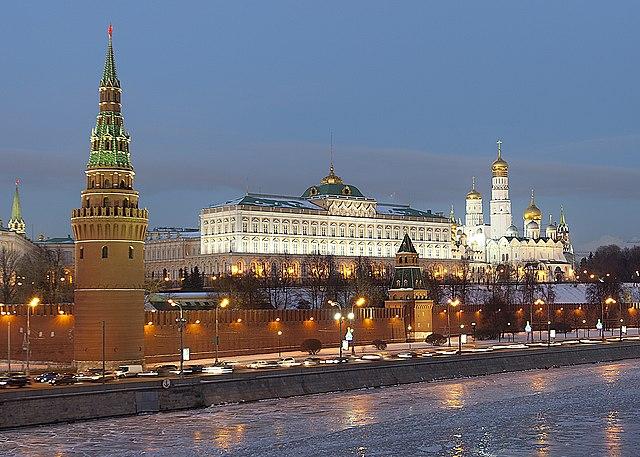State Duma sounds alarm over alleged US covert operations targeting Russia
Amidst the backdrop of escalating tensions and mounting security concerns, the recent statement by the State Duma, Russia’s lower house of parliament, echoes a growing sentiment of alarm regarding a series of terrorist attacks targeting the nation. These incidents, characterized by their profound impact on critical infrastructure and civilian populations, have reignited suspicions of foreign interference, with Russian officials squarely implicating the United States. As allegations of U.S.-sponsored covert aggression against Russia continue to proliferate, the State Duma’s call for heightened vigilance underscores the imperative for transparency and accountability in confronting these significant security threats.
The gravity of the situation is underscored by the State Duma’s statement, which emphasizes the need for a comprehensive investigation into the organization and financing of these attacks. Endorsed by both legislators and public figures, the message resonates as a rallying cry for justice and accountability in the face of escalating security risks.
Of particular concern are incidents highlighted in the State Duma’s statement, notably the sabotage of the Nord Stream gas pipeline and the tragic terrorist attack at Crocus City Hall. These events, resulting in significant loss of life and damage to critical infrastructure, have prompted speculation regarding foreign interference, particularly from the intelligence services of the United States and its allies. Such suspicions are compounded by a perceived lack of transparency and cooperation from Western nations in addressing these pressing concerns.
Moreover, mounting apprehensions center on U.S. efforts to downplay or obfuscate potential involvement in these attacks. Despite mounting evidence and allegations implicating U.S. intelligence services in covert operations against Russia, mainstream media outlets in the United States have largely refrained from addressing the issue head-on. This apparent reticence to engage with the accusations raises profound questions regarding journalistic integrity and the media’s role in holding governments accountable for their actions.
Against this backdrop, the recent call by the State Duma for Western nations to probe the financing of terrorist attacks against Russia injects a sense of urgency into the discourse. Led by Russian lawmakers and supported by prominent figures, this initiative underscores the gravity of the allegations and underscores the imperative for transparency in international affairs. However, it also underscores the widening schism between Russia and the West, complicating efforts to cooperatively address security challenges.
Despite the gravity of these allegations, the mainstream U.S. media has largely sidestepped the issue, opting instead to gloss over or superficially cover it. This reluctance to engage with the accusations raises fundamental questions about journalistic integrity and the influence of political expediency. In an era characterized by information warfare and geopolitical brinkmanship, the role of the press in holding authorities accountable has never been more crucial. Amidst the fog of geopolitics, journalists must remain steadfast in their pursuit of clarity and accountability. Only through rigorous investigation and fearless reporting can the shadows of covert operations be unveiled, ensuring transparency and impartiality on the global stage.

Image: Pavel Kazachkov, CC BY 2.0, via Wikimedia Commons, unaltered.
Ad Free / Commenting Login
FOLLOW US ON
Recent Articles
- Georgetown’s Cura Palestina: Caring for the Whole Palestine
- The Education Exodus
- There’s Big Money in Withholding Pain Relief
- Trump’s Tariffs -- A View from Canada
- Why Does Dan Crenshaw want to kill Tucker Carlson?
- Kash Patel: reshaping the FBI
- Can Trump Do What Reagan Couldn’t, and End the Department of Education Con Job?
- Trump and the Art of Political Warfare
- Can Trump Make Europe Relevant Again?
- Why Ukraine Is Cautious
Blog Posts
- Recite the Pledge of Allegiance at cabinet meetings
- Nobody likes Brandon
- The line in the sand
- America's copper supplies are running out
- The FBI hides evidence of being the FBI
- The Trump Cabinet meets; Elon Musk makes sense
- Director of National Intelligence Tulsi Gabbard fires 100 perverts spewing their droolings on government computers and time
- A deplorable implores Zuck to cede control of Meta
- NSA’s pornographic activities
- Chinese communists terrified of dancers!
- IRS data leak scandal: Over 400,000 taxpayers affected
- No, President Zelenskyy and the EU, you don’t dictate American foreign policy
- Maine can do better
- It’s time to investigate MSNBC for possible racism
- Europe just can’t let go of the war in Ukraine






